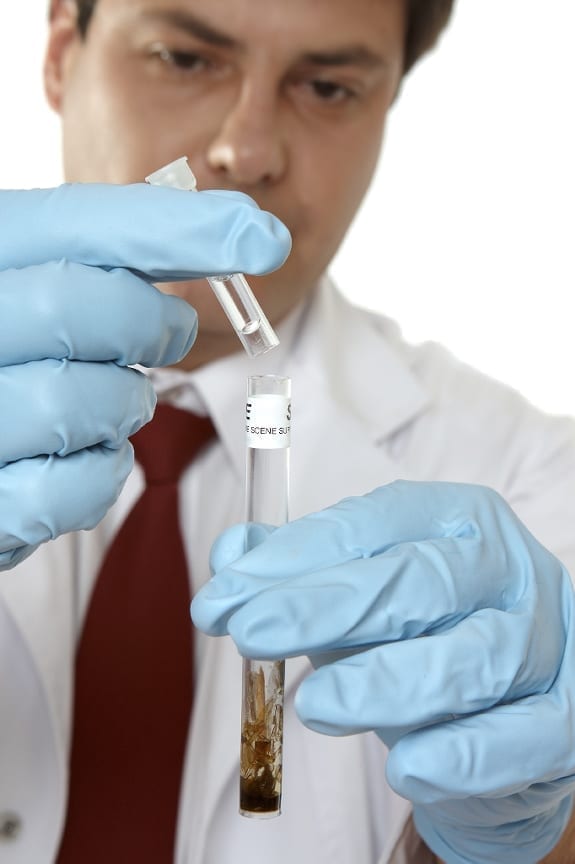A simple blood test could prevent suicide
Another method to prevent suicide is in the work as researchers have discovered a chemical alteration to a single gene that could cause a risk of attempting suicide. This work has been reported in the American Journal of Psychiatry and could ultimately result in a simple blood test to predict suicide risk. “Suicide is a major preventable public health problem, but we have been stymied in our prevention efforts because we have no consistent way to predict those who are at increased risk of killing themselves,” Zachary Kaminsky of Johns Hopkins says in a news release. The brain’s responses to stress hormones are connected to the possible gene, called SKA2. Everyday struggles could soon turn to suicidal thoughts if this gene is altered. The prefrontal cortex of the brain is where this gene is located and is involved with preventing negative thoughts and moderating inappropriate behavior.
SKA2 is mainly in charge for keeping track of stress hormone receptors. If there’s not enough of it or if it changes in some way then someone under stress won’t be allowed to shut down the effect of the stress hormone. Postmortem brain samples from people that were healthy, mentally ill, and who have committed suicide were examined by Kaminisky and colleagues. Levels of SKA2 were noticeably reduced in those who have committed suicide. The team looked for epigenetic alterations within this mutation. The addition of methyl groups to a gene is an example of a modification. Those who have committed suicide contained higher levels of methylation, which seems that they weren’t able to turn of the effect of the stress hormone.
Hundreds of blood samples were tested by a model they built in order to anticipate the participants who were going through suicidal thoughts or who had attempted suicide. Severe risk of suicide was predicted with a 90 percent accuracy. The determination for the need of hospitalization or how close an at-risk person should be monitored could benefit from a simple blood test. Though they are scales of severity and what have you, Kaminsky claims that the biomarker may not be a determining test for all cases.














